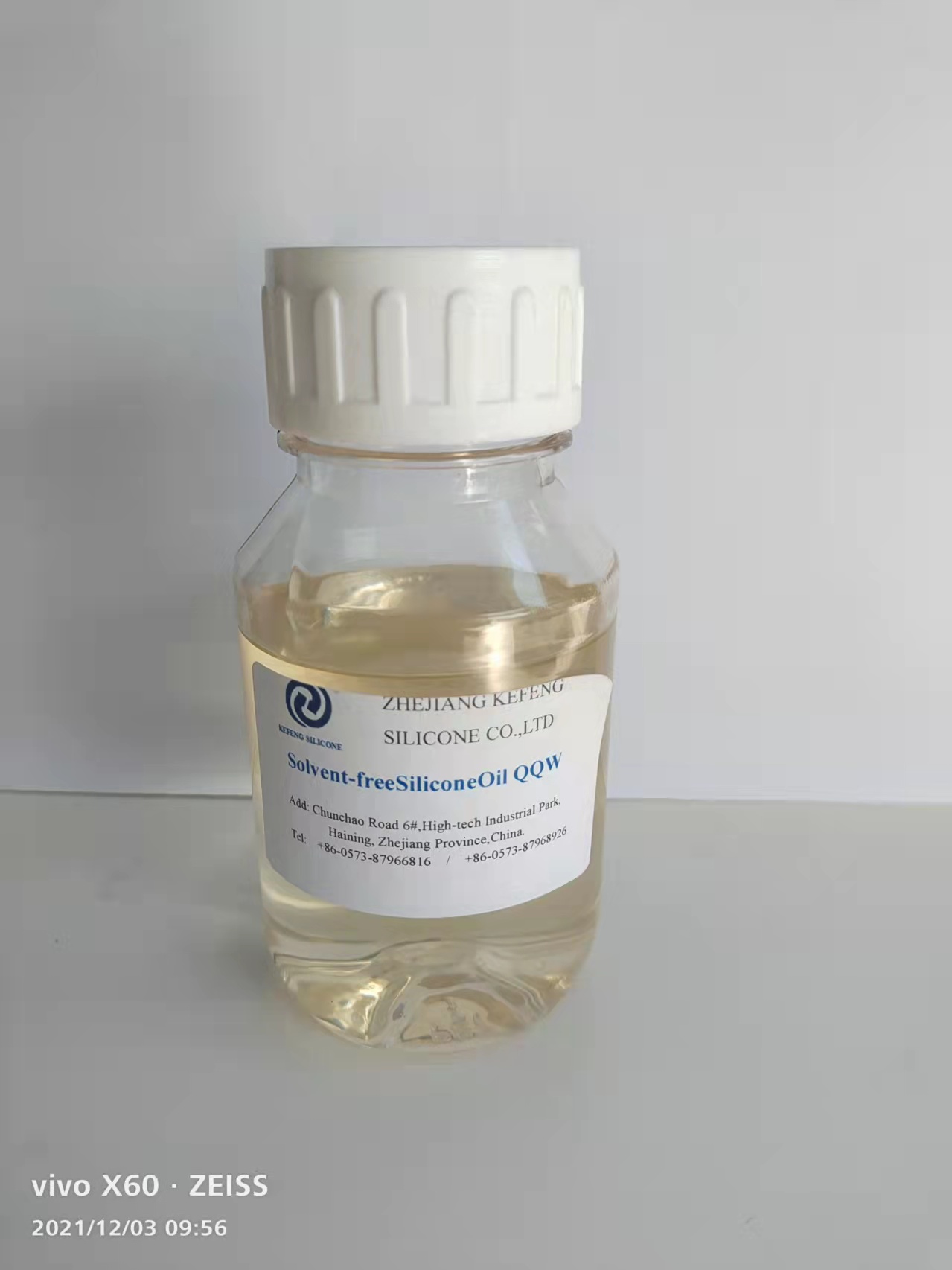

Views: 17 Author: Site Editor Publish Time: 2024-09-05 Origin: Site

In the realm of sustainable fashion, every step towards reducing environmental impact matters. The introduction of eco-friendly silicone softeners represents a significant leap forward in the textile industry's quest for more environmentally responsible production practices. These innovative softeners are designed to enhance the tactile experience of fabrics without compromising on their environmental credentials.
Eco-friendly silicone softeners are formulated using biodegradable and non-toxic ingredients, ensuring that they pose minimal risk to both human health and the ecosystem. They are carefully crafted to meet stringent environmental standards, making them a preferred choice for manufacturers seeking to minimize their carbon footprint.
One of the key benefits of using eco-friendly silicone softeners in textile production is their ability to impart a luxurious softness and smoothness to fabrics without the need for harsh chemicals or extensive processing. This not only enhances the consumer's experience but also reduces the overall water and energy consumption during production, contributing to a more sustainable process.
Moreover, these softeners exhibit excellent durability, ensuring that the soft and comfortable feel of the fabric is maintained even after multiple washes. This longevity reduces the need for frequent replacement, further supporting the circular economy and reducing waste.
The adoption of eco-friendly silicone softeners also aligns with the growing consumer preference for sustainable products. As awareness of environmental issues increases, consumers are becoming more discerning about the products they buy, favoring those that prioritize environmental responsibility. By incorporating these softeners into their production processes, textile manufacturers can differentiate themselves in the market and tap into this growing demand for eco-conscious fashion.
In conclusion, eco-friendly silicone softeners represent a game-changing advancement in sustainable textile production. By enhancing fabric comfort without compromising on environmental sustainability, they contribute to a greener and more responsible fashion industry. As the world continues to grapple with the challenges of climate change, the adoption of such innovative solutions becomes all the more crucial.
